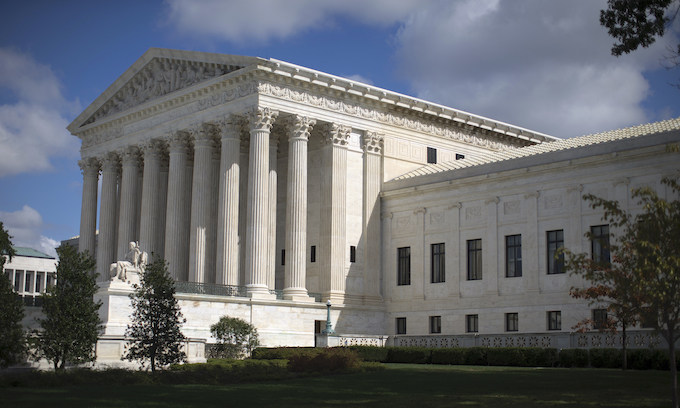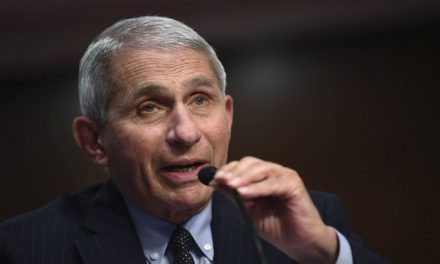The U.S. Supreme Court on Monday declined to wade into a Second Amendment gun case it heard months ago after New York City modified the law in question to address the plaintiffs’ concerns.
The high court voted 6-3 to stay out of the case, its first involving gun rights in a decade, because it said the change to the New York law closed the case.
The case was brought by the New York State Rifle and Pistol Association against the New York City law, which barred licensed gun owners from taking firearms outside the city or to a second home elsewhere in the state. The city subsequently amended the statute to rescind the restrictions and state lawmakers later barred them from returning.
The National Rifle Association had hoped the court would strike down the law, which would have expanded gun rights. The Supreme Court heard arguments in the case in December.
The high court said it refused to rule on the case because the city did precisely what the plaintiffs asked for.
“The State of New York amended its firearm licensing statute, and the city amended the rule so that petitioners may now transport firearms to a second home or shooting range outside of the city, which is the precise relief that petitioners requested in the prayer for relief in their complaint,” the majority wrote in the unsigned opinion.
“Petitioners’ claim for declaratory and injunctive relief with respect to the city’s old rule is therefore moot.”
The court’s three most conservative justices — Samuel Alito, Neil Gorsuch and Clarence Thomas — wrote a 31-page opinion in dissent against the majority. Justice Brett Kavanaugh wrote a separate, one-page concurrence in which he recognized some of their concerns, in particular, whether lower courts are correctly upholding Americans’ right to keep guns for self-defense.
“The court should address that issue soon, perhaps in one of the several Second Amendment cases with petitions for certiorari now pending before the court,” he wrote.
Alito argued in dissent that the court should have acted with a ruling to make it clear the New York law infringed on the Second Amendment right to bear arms.
“At a minimum, if petitioners succeeded on their challenge to the travel restrictions, they would be eligible for nominal damages,” he wrote. “When a plaintiff’s constitutional rights have been violated, nominal damages may be awarded without proof of any additional injury.”
The Supreme Court hasn’t ruled in any guns rights cases since it expanded the Second Amendment in 2010.
Copyright 2020 United Press International, Inc. (UPI). Any reproduction, republication, redistribution and/or modification of any UPI content is expressly prohibited without UPI’s prior written consent.
—-
This content is published through a licensing agreement with Acquire Media using its NewsEdge technology.



















Recent Comments